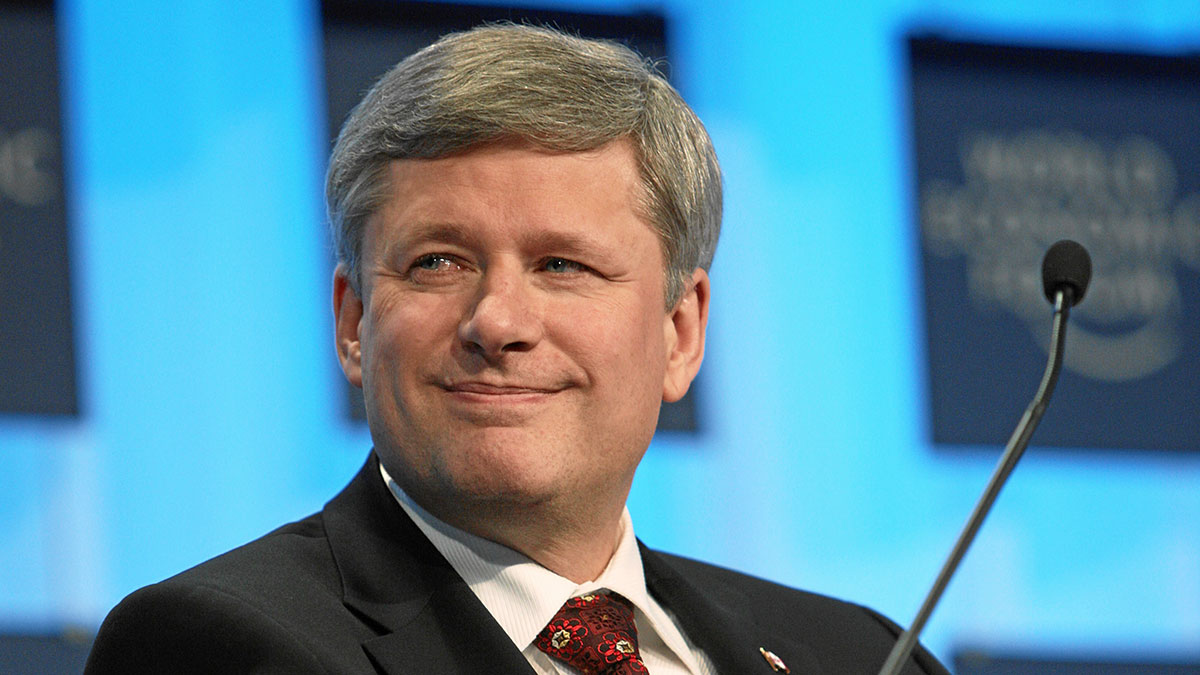 Supplied – Remy Steinegger
Supplied – Remy SteineggerAt the family dinner table of Canadian politics, the provinces are the children, each autonomous and free, but still under the guidance of the parent Ottawa.
At its core Canadian federalism has always been about co-operating with the provincial “kids” to ensure that there is harmony in the home we call Canada. However under Stephen Harper’s Conservative government, the relationship with Canada’s ten provinces has turned from productive discussion and partnership to a relationship of aloofness and frequent division. Under Harper’s leadership, Ottawa has itself seemed like a child leaving our provincial leaders confused and angered at the lack of communication at the ever-important dinner table.
In the nine years since he was first elected, Stephen Harper has met a measly two times with all ten premiers, in November 2008 and January 2009. There have been no other meetings since despite repeated invitations to the PM to attend these necessary gatherings; as recently as July Harper actively ignored and failed to attend the Premiers meeting in Newfoundland. It is clear that Harper wants to be the head of the household but doesn’t want to listen and work with the other inhabitants, signalling a fundamental shift in the once cordial (albeit occasionally heated) kinship the federal government had and should have with its provincial counterparts. What the PM has done is speak with the Premiers individually (and infrequently) instead of fostering a collective stance to tackle the important issues facing Albertans to Manitobans to Quebecers. This fix-your-own problems and I-don’t-care attitude is both immature and a sign of weak leadership. Our provinces and nation deserve much better than this.
Ontario Premier Kathleen Wynne has been quoted “We need a federal partner and this country needs a federal government that understands that working with the provincial leadership and the provincial government is important.” And now we not only have a PM who is distant, when he does decide to weigh in on provincial affairs he has shown himself to be inflammatory and divisive.
It’s no secret that Harper’s absences and minimal mutual dialogue with the Premiers have left some more than others upset and it further does not help issues when the PM decides to make statements that seem to belittle and antagonize the provincial leaders. Just this past Tuesday while campaigning in Ontario, Harper summed up his rapport with Kathleen Wynne’s Liberal government as “You (the federal government) will have your best relations with the premiers who are doing a good job in their own jurisdiction. I won’t say more than that.” And if picking on one Premier wasn’t enough, he made comments the next day calling the decision by Alberta’s NDP government to delay its budget “a disaster” (despite his own government delaying its budget earlier this year) and for raising corporate taxes on what he would go on to say would be uniformly rejected by Albertans. Surely the PM has enough enemies as he enters his fifth campaign. Does he really need to add the Premiers to that list?
The concept of Canadian federalism can only be maintained if respectful and meaningful dialogue and cooperation is upheld between the provinces and the federal government. Without respect and willingness to collaborate the system cannot work. During this election campaign there are many issues to consider before heading to the ballot box and one that should not be ignored is the state of federal-provincial relations. Instead of respect and meaningful dialogue, Stephen Harper has exhibited a disrespectful, divisive and disinclined attitude towards the Premiers and their governments. By lambasting specific premiers and their policies instead of discussing and reaching compromise Harper is essentially insulting the people of the provinces and their voting choices.
At the Canadian family dinner table arguments have always arisen but never have the provincial ‘kids’ been ignored and ridiculed; under Harper the rules of table etiquette have been completely rewritten. If we the electorate wish to ensure a healthy cohesive unity in Canada, we must choose a change of menu from the Harper dining room.




